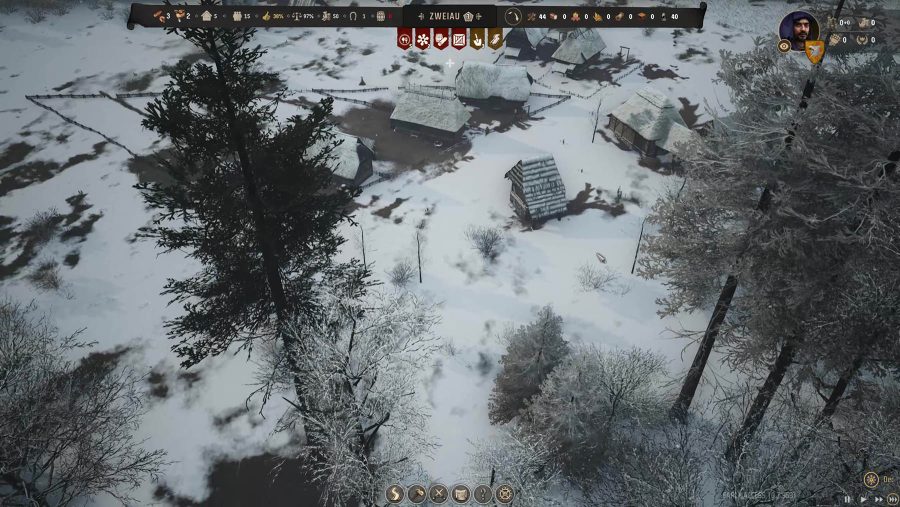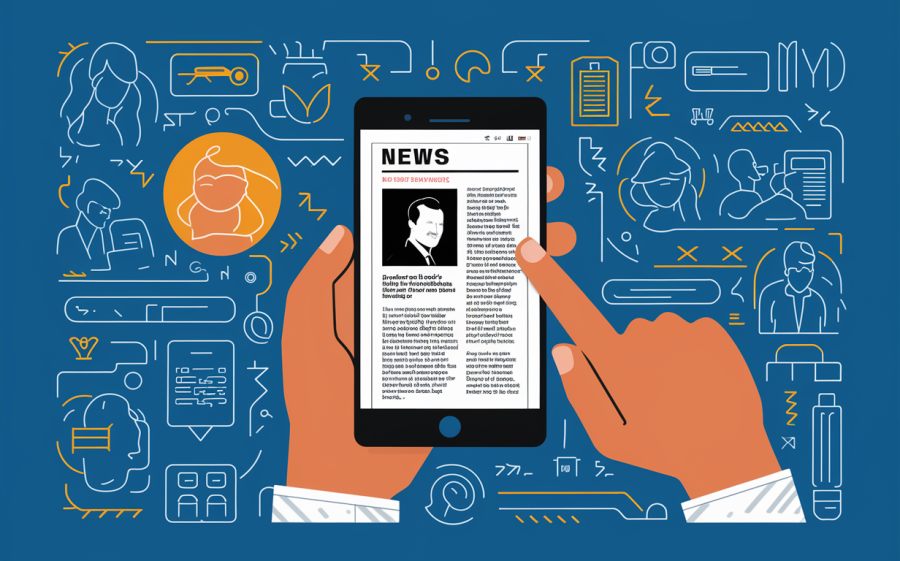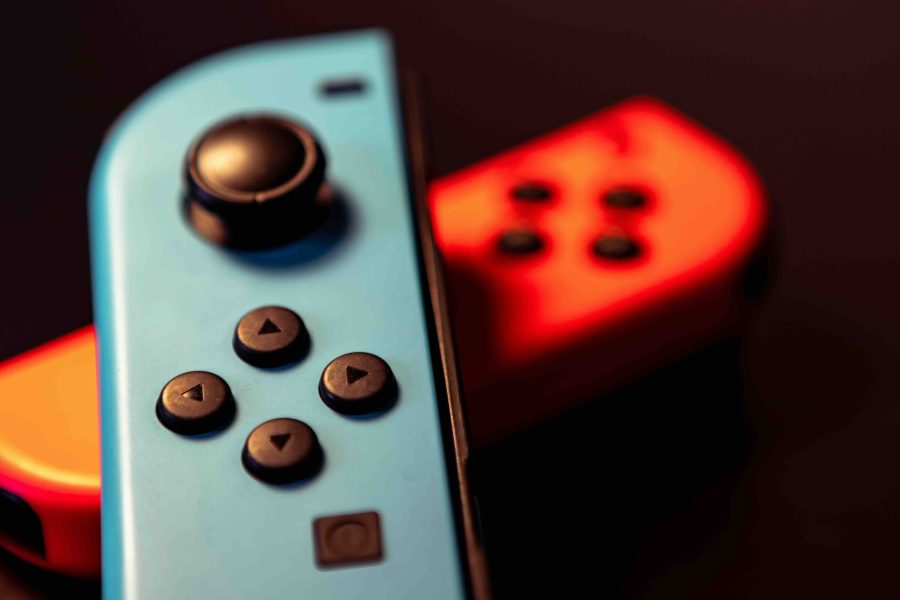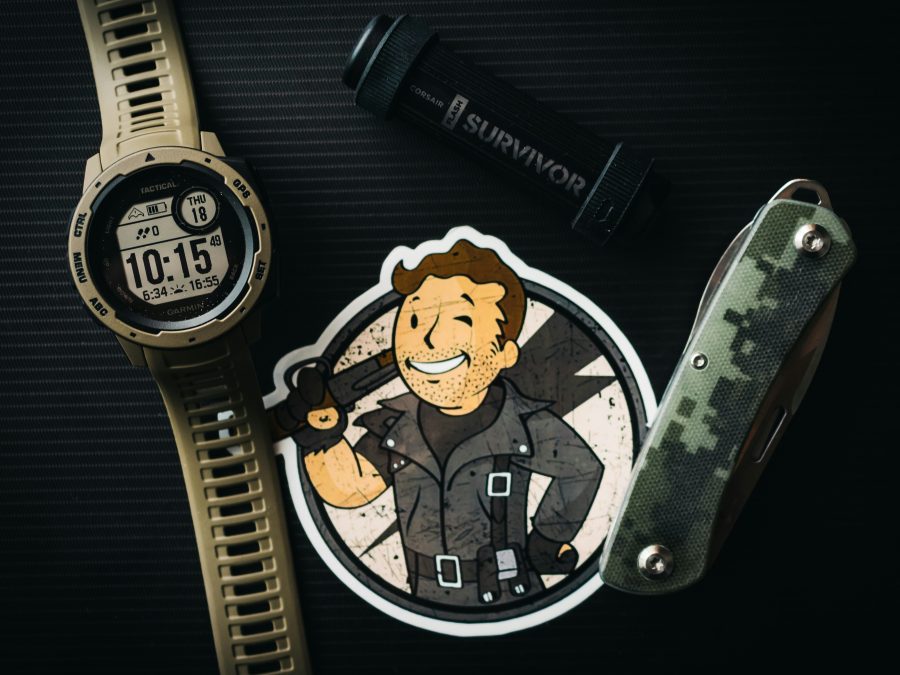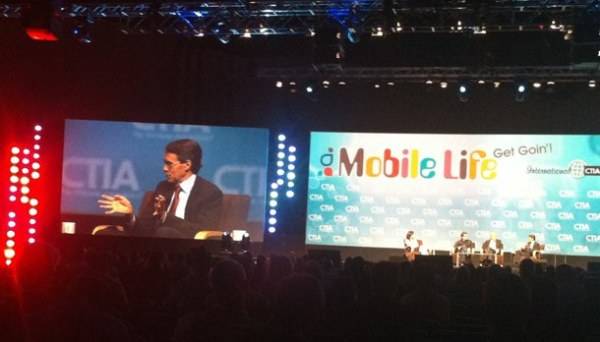

How important is Twitter in the political revolutions sweeping the Middle East? That was the topic of discussion on stage at the CTIA mobile and wireless convention today in Orlando, Florida and two very different, very strong opinions were voiced.
“I don’t think anyone in their right mind would say that sending a tweet is the equivalent of activism,” said Twitter co-founder Biz Stone, “but it’s another tool people can use.” Kenneth Roth, executive director of Human Rights Watch, one of the world’s most respected human rights organizations, framed things very differently though. He said on stage (above) that mobile technology in general would make it impossible today for something like Nazi Germany to unfold again the way it did historically.
Roth says his organization works with local staff researchers and the open Web of updates on sites including Twitter to do real time reporting on government repression in conflict zones. They get and vet the reports, then contact U.S. and E.U. governments, who then call the Egyptian military, for example, and say, “Remember those billions of dollars we send you? Stop attacking your citizens.”
Roth says he has people right in the middle of conflict zones and that despite the efforts of governments to cut off communication, that’s virtually impossible to do.
Roth is a big fan of Twitter.
“I’ve traditionally been a fan of Google News, but I now consider Google News slow,” he said. “You used to read the New York Times for news, now you read it for analysis of things you already know about. If you just follow the right people on Twitter, you hear about things reported from on site in real time.”
How important are all these technologies? Roth says they are hugely important from a human rights perspective.
“The Germans hid a network of concentration camps from the world for years. The Khmer Rouge massacred a third of the population in Cambodia and hid it from everyone. That’s not possible any more and it’s because of wireless technology.
“Human rights standards are now relatively established and no one wants to be known as a mass murderer. No one even wants to be known as a torturer of political prisoners. But we know that there’s a gap between what governments say and what they do. That gap is where we find our power. We shame those governments. Our capacity to do that is based on wireless technology. The more real-time we can respond to government actions, the more power we have to influence them. That real time capacity is based on wireless technology.”
















